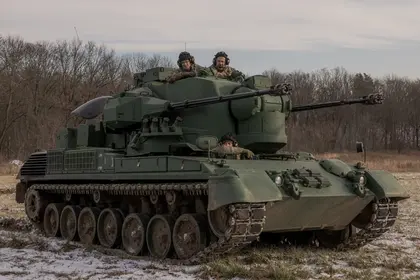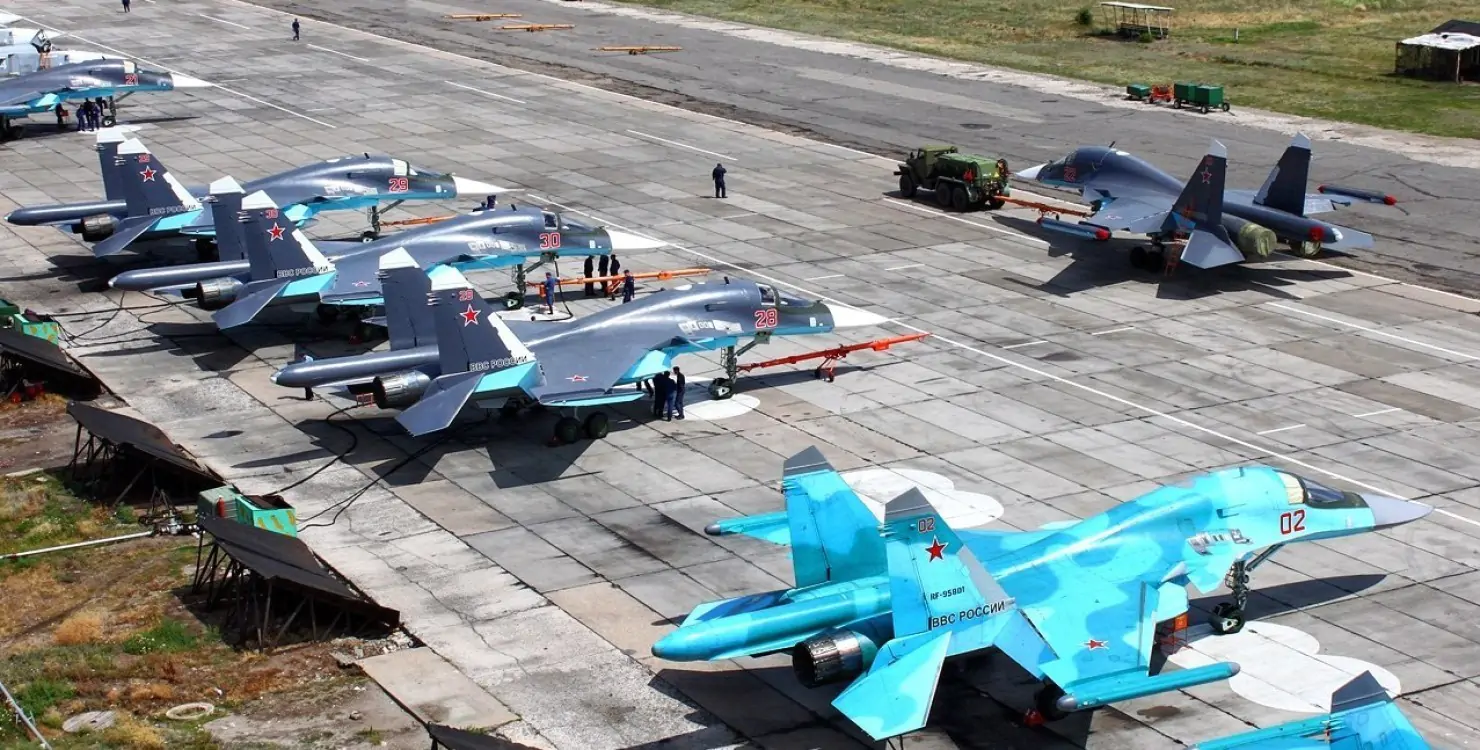States win, peoples lose
Birgün refers to the assessment of the International Institute for Middle East and Balkan Studies (IFIMES):
JOIN US ON TELEGRAM
Follow our coverage of the war on the @Kyivpost_official.
“Interestingly, the comprehensive analysis suggests that three parties are currently the winners in Ukraine. ... Firstly, Ukraine itself, which has proven that it is capable of building a nation, even if it has lost territory. Secondly, Russia, which has not been defeated in its war against almost the entire world and Nato, but on the contrary has revitalised its image from the Soviet era. And thirdly, the US, which derives enormous economic, political and military benefits from this confrontation. ... The net losers are the peoples with their dead and a dark future.”
Russia wants to wear out Ukraine
The conflict has become a war of attrition, Jutarnji list comments:
“Regardless of whether Putin says that Russia is 'taking the initiative', the war has obviously reached a stalemate. ... According to the BBC, neither Russia nor Ukraine have the strength to launch a decisive operation without having to use up a disproportionate amount of resources: equipment, ammunition and, above all, soldiers. In view of this situation, Moscow, as some Russian military analysts write, has opted for 'attrition tactics' against Ukraine in the belief that Russia has more resources - human, economic, military and political - and can thus force Ukraine to yield.”

Poland’s President Duda: War in Ukraine ‘Must End in Just Peace’
Shift the war to enemy territory
For Telegraf further attacks on the Russian border area are unavoidable:
“A war cannot be won if it is fought exclusively on one's own territory. ... Belgorod, like other Russian border towns, plays an important role as a logistical hub for Russian aggression in Ukraine. Therefore, strikes against it will continue. In the future, this city, as well as the entire Russian border area, must be demilitarised and become part of a security belt for Ukraine so that Moscow does not even think of repeating its aggression.”
Kyiv must scale back its war aims
A bitter year is coming to an end for Ukraine, Politiken summarises:
“Russia has more than three times as many inhabitants and has switched to war economy mode. The West is struggling to provide the necessary weapons and most observers are now anticipating a Russian offensive in the spring. ... Moreover, the US election is looming, and with it the danger that Trump will win and end support for Ukraine. None of this means that the war is lost. But it does make a military victory for Ukraine in which it recaptures all its territory hard to imagine. And it forces both Ukraine and the West to think about what a Ukrainian victory might look like.”
Things are going swimmingly at sea
Ukraine has been successful in the Black Sea, gazeta.ua stresses:
“The Ukrainian attacks on Sevastopol and Kerch have forced the Russian fleet to start relocating their bases to Novorossiysk. The western area of the Black Sea is effectively free of Russian presence. For months now, hardly any Kalibr cruise missiles have been fired at Ukraine from enemy missile ships and the grain corridor is functioning without the Kremlin's approval. ... In the air, too, the trend is changing. ... So while there is no reason for triumphant cheers, there is also no reason to despair.”
Zelensky's style has lost its appeal
Libertatea examines the reasons for the drop in the president's poll ratings from 88 to 63 percent:
“The increasing war-weariness and ongoing hostilities are changing the way Ukrainians perceive political reality. It is not that they want peace with Russia at any price, as Russian propaganda tells us. Yet they wonder whether Zelensky's decisions are wise and will lead to victory. Zelensky is still trying to win over the public with his speeches, but he is no longer as effective as he was. His unique approach has made it into the political communication textbooks, but it looks like he will have to reinvent himself in the election year 2024.”
A people subjected to war
Kirill Martynov, editor-in-chief of Novaya Gazeta Europe, observes fatal social changes in Russia in a Telegram post picked up by Echo:
“Initially, the war was seen as a great evil which would, however, be limited in time and space. ... The situation at the end of the second year of the war shows that this was an illusion. Russian society has changed forever. The ban on discussing reality and on calling the war by its name is forcing it to submit to the war in the most brutal and fascist way. The main dynamic is the formation of a 'guardian' class along the lines of the 'Islamic revolutionary guards' [in Iran]: between 10 and 15 million people who work for the war and to protect the dictatorship.”
Reprinted from Eurotopics. You can read the original here.
You can also highlight the text and press Ctrl + Enter






